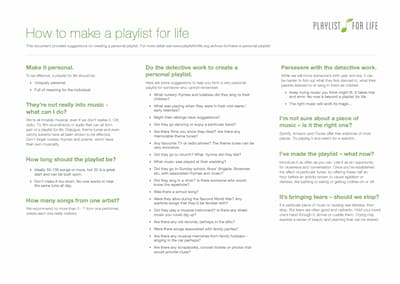Personal Care Skills Day: Building Trust and Confidence
In our commitment to providing the best care for our service users, we recently held a Personal Care Skills training session for Social Care Alba staff. This training was designed to enhance the skills and knowledge of our caregivers, focusing on key aspects of personal care and professionalism. We covered essential personal care tasks, including shaving assistance, oral care, proper washing and drying, and dressing. These tasks may seem routine, but they are crucial in ensuring the well-being and comfort of our service users.

Learning Outcomes
Throughout the training, we spoke about the importance of building trust with our service users and understanding what constitutes good personal care. By the end of the session, our staff had a better understanding of these vital principles, along with practical implications and the consequences of incorrectly administered personal care.

Group Discussions
In our group discussions, we delved into the core values that should guide personal care. Dignity, choice, participation, communication, and respect were highlighted as fundamental principles. We also emphasised the significance of attention to detail, from buttoning clothing correctly to styling hair as per the service user’s preferences.

Professionalism and Ethics
Our training highlighted professionalism in delivering care. Effective communication was identified as the foundation of good personal care. Additionally, we stressed the importance of continually developing proficiency, adapting to service users’ needs, and using the necessary Personal Protective Equipment (PPE).

Organisation and Time Management
Organisational skills were discussed, stressing the importance of preparing equipment and products before initiating personal care. We emphasised the need to allocate sufficient time to each task, ensuring that service users never feel rushed.

Dignity and Consent
Maintaining the dignity and respect of service users at all times is a non-negotiable principle in our care approach. Consent is paramount, and no personal care can be administered without it.

Attention to Small Details
Lastly, our training underscored the significance of seemingly small tasks. These details can make a world of difference to our service users, ensuring they feel comfortable and confident in their appearance. By taking time to ensure that our service users appear the way they wish to appear and have all care carried out in the desired manner leads to a positive and constructive relationship that in turn builds confidence and trust within the service user.

Committed to Excellence
By focusing on technical skills, professionalism, ethics, and communication, Social Care Alba aims to build trust and confidence within our service users while ensuring that our caregivers are well-equipped to meet their needs. Our commitment to excellence in personal care remains unwavering, and this training is a testament to that commitment.































